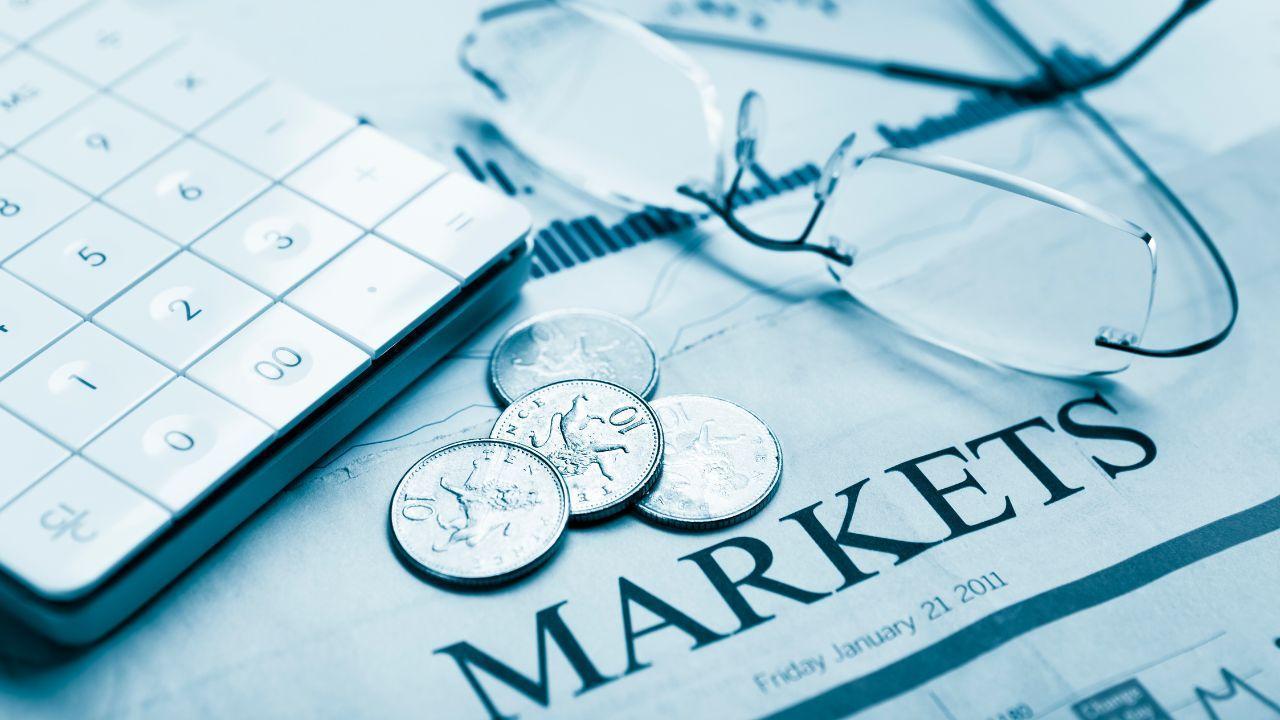
Join 10k+ people to get notified about new posts, news and tips.
Do not worry we don't spam!

Post by : Laxmi Verma
In the last few decades, globalization has evolved from a buzzword into a powerful force shaping every corner of the global economy. Today, How Globalization is Redefining Business Models is more than just an academic discussion—it’s a daily reality for startups, multinationals, and even solo entrepreneurs.
As borders blur and digital connectivity reaches even the most remote locations, companies are rethinking how they create, deliver, and capture value. The traditional business models built on local demand, physical infrastructure, and linear supply chains are giving way to agile, digital-first, and customer-centric strategies that transcend national boundaries.
So how exactly is globalization reshaping the business landscape?
Globalization refers to the increasing interconnectedness of countries through trade, investment, technology, and the movement of people and ideas. In business, this means:
When we talk about How Globalization is Redefining Business Models, we’re really talking about how companies are adjusting to this interconnected reality to stay competitive and profitable.
Traditionally, businesses were built for local or national markets. But now, thanks to globalization and technology, even small companies can go international.
Take for example, Airbnb or Uber. These businesses were designed from day one to scale globally. They operate with a centralized platform that adjusts to local regulations, customer behaviors, and economic environments—without losing brand consistency.
This kind of global scalability is only possible because the underlying business model is digital, flexible, and designed with a worldwide user in mind.
One of the most noticeable impacts of globalization is the dominance of platform-based business models. Think of companies like:
These platforms succeed because they leverage network effects, data analytics, and global infrastructure to reach users worldwide. They aren’t just selling products or services—they’re building ecosystems that grow across borders.
This is a textbook example of How Globalization is Redefining Business Models—from linear supply chains to interactive global networks.
Globalization has turned every business with an internet connection into a potential global brand.
E-commerce is the poster child of this shift. According to Statista, global e-commerce sales are expected to surpass $7 trillion by 2025. Companies no longer need physical stores or local offices to sell abroad. Platforms like Shopify, Etsy, and Amazon allow small businesses to go international in days.
Moreover, international payment gateways like Stripe, PayPal, and Wise have removed the barriers of currency conversion and cross-border banking, enabling smoother, faster, and more reliable transactions globally.
Another major transformation is in supply chain models. Thanks to globalization, companies can:
For instance, your smartphone might be designed in the U.S., manufactured in China, and shipped to customers worldwide. This level of global integration helps businesses reduce costs, improve efficiency, and focus on core competencies.
However, recent disruptions like the COVID-19 pandemic and geopolitical tensions have exposed the vulnerabilities of global supply chains. This has led to the rise of "glocalization"—the strategy of global reach with local agility.
Global business models must now account for cultural differences, language barriers, and regional regulations.
For example, McDonald's offers different menus in every country—from McAloo Tikki in India to Teriyaki Burgers in Japan. Global brands like Coca-Cola and Nike localize their marketing campaigns to align with regional values, languages, and pop culture.
This ability to adapt while maintaining a core identity is crucial in today’s global marketplace and a key indicator of How Globalization is Redefining Business Models.
None of this would be possible without digital transformation. Technologies like:
…have enabled businesses to operate seamlessly across continents.
Remote work, virtual collaboration, and global hiring have also become the norm. Companies like Zapier or GitLab operate 100% remotely, hiring talent from over 60+ countries—showcasing that a physical office is no longer a business necessity.
While globalization offers immense opportunities, it also brings new challenges:
Businesses must stay agile, culturally aware, and ready to pivot when entering new markets.
The information provided in this article is for general informational purposes only and does not constitute professional business, legal, or financial advice. Readers are advised to consult with relevant experts or authorities for guidance tailored to their specific situation. While every effort has been made to ensure the accuracy of this content, the author and publisher accept no responsibility for any loss or damages incurred as a result of its use.
#trending #latest










Sushila Karki Becomes Nepal’s First Woman Prime Minister
Eminent jurist Sushila Karki, 73, becomes Nepal’s first woman prime minister after Gen Z protests to

Netanyahu gambled by targeting Hamas leaders in Qatar. It appears to have backfired
Netanyahu’s airstrike on Hamas leaders in Qatar failed, hurting global ties, angering allies, and ra

Esha Singh Wins Gold in 10m Air Pistol at ISSF World Cup 2025 India Shines
Esha Singh secures India’s first gold at ISSF World Cup 2025 in Ningbo, beating top shooters in a th

Neymar won’t have problems securing Brazil World Cup spot if in top shape, says Ancelotti
Brazil coach Ancelotti says Neymar must prove physical fitness to earn a place in the 2026 World Cup

Google Gemini Nano Banana Trend Lets You Create Realistic 3D Figurines
Turn your photo into a lifelike 3D figurine for free with Google Gemini’s Nano Banana trend. Fun, ea

Apple AI Leader Robby Walker Quits Amid Delays in Siri
Apple AI chief Robby Walker is leaving after a decade, raising concerns as Siri upgrades face delays